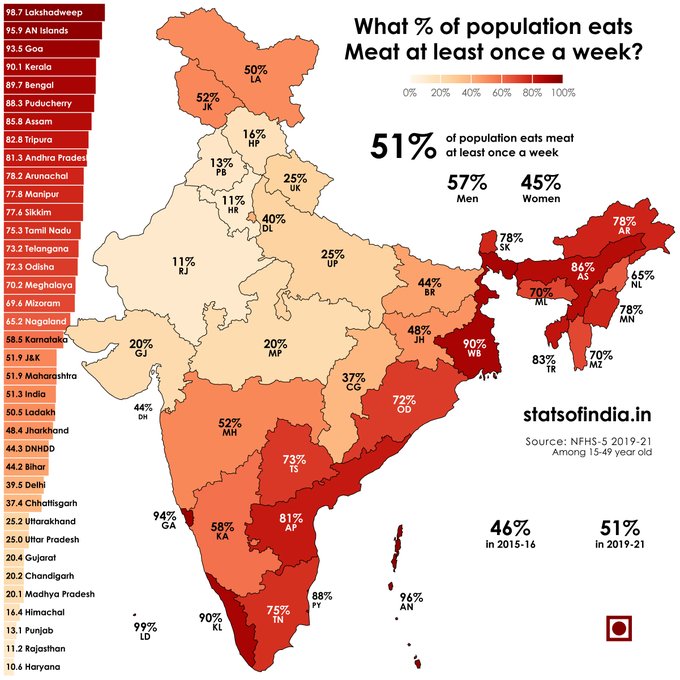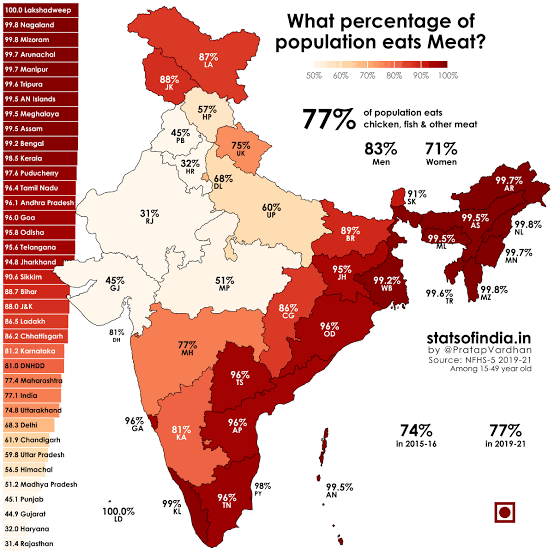Editor’s Column
UCC Uniform Civil Code
Click the Play button to listen to article
Certainly, let’s delve deeper into the concept of a Uniform Civil Code (UCC) in the Indian context.
The idea of a Uniform Civil Code in India has been a subject of considerable debate and deliberation since the drafting of the Constitution. Article 44 of the Constitution, a directive principle of state policy, envisions that the State shall strive to secure a Uniform Civil Code for its citizens. This provision has sparked discussions on the need for a common set of laws governing personal matters such as marriage, divorce, and inheritance, irrespective of an individual’s religious or cultural background.
Proponents of a Uniform Civil Code argue that it is a step towards achieving the constitutional ideals of equality and justice. They contend that having a uniform set of laws would eliminate discriminatory practices embedded in various personal laws based on religion, ensuring equal rights for all citizens. This, they argue, aligns with the principles of a secular state where laws should not be influenced by religious considerations.
On the contrary, critics express concerns about the potential erosion of cultural and religious diversity in a country as pluralistic as India. India is home to a multitude of religions, each with its own set of personal laws governing various aspects of life. Implementing a single code, they argue, might lead to the dilution of distinct cultural practices and traditions. Critics also point out the sensitivity of personal laws, deeply rooted in religious beliefs, and caution against imposing a uniform framework without considering the diverse perspectives.
The complexity of the issue is further exacerbated by the federal structure of the Indian state. Family law falls under the Concurrent List of the Constitution, which means both the central and state governments can legislate on it. As a result, any attempt to bring about a Uniform Civil Code requires a delicate balancing act between the powers of the center and the states.
However, the implementation of such a code faces challenges due to the diverse religious and cultural fabric of India. The country is home to a myriad of communities, each with its own distinct traditions and practices. Critics argue that imposing a single code could lead to cultural homogenization, potentially eroding the rich tapestry of diversity that defines India. They emphasize the importance of respecting and preserving the autonomy of different religious and cultural groups in matters of personal laws.
Another aspect of the debate revolves around the interpretation of secularism. While a Uniform Civil Code is seen by some as a step towards a more secular society, others argue that true secularism involves recognizing and respecting the diversity of religious practices. They caution against adopting a one-size-fits-all approach, emphasizing the need to accommodate different beliefs within the legal framework.
The legal intricacies further complicate the matter. India’s legal system recognizes different personal laws based on religion, including Hindu, Muslim, Christian, and others. Amending or replacing these laws requires navigating through complex legal terrain. The challenge lies in finding a balance between the constitutional directive for a Uniform Civil Code and the constitutional guarantee of freedom of religion.
The socio-political landscape plays a pivotal role in shaping the discourse on the Uniform Civil Code. Identity politics often comes into play, with political parties wary of taking a stance that might alienate certain religious or cultural groups. The electoral considerations coupled with the potential for social unrest make the implementation of a Uniform Civil Code a delicate political issue





